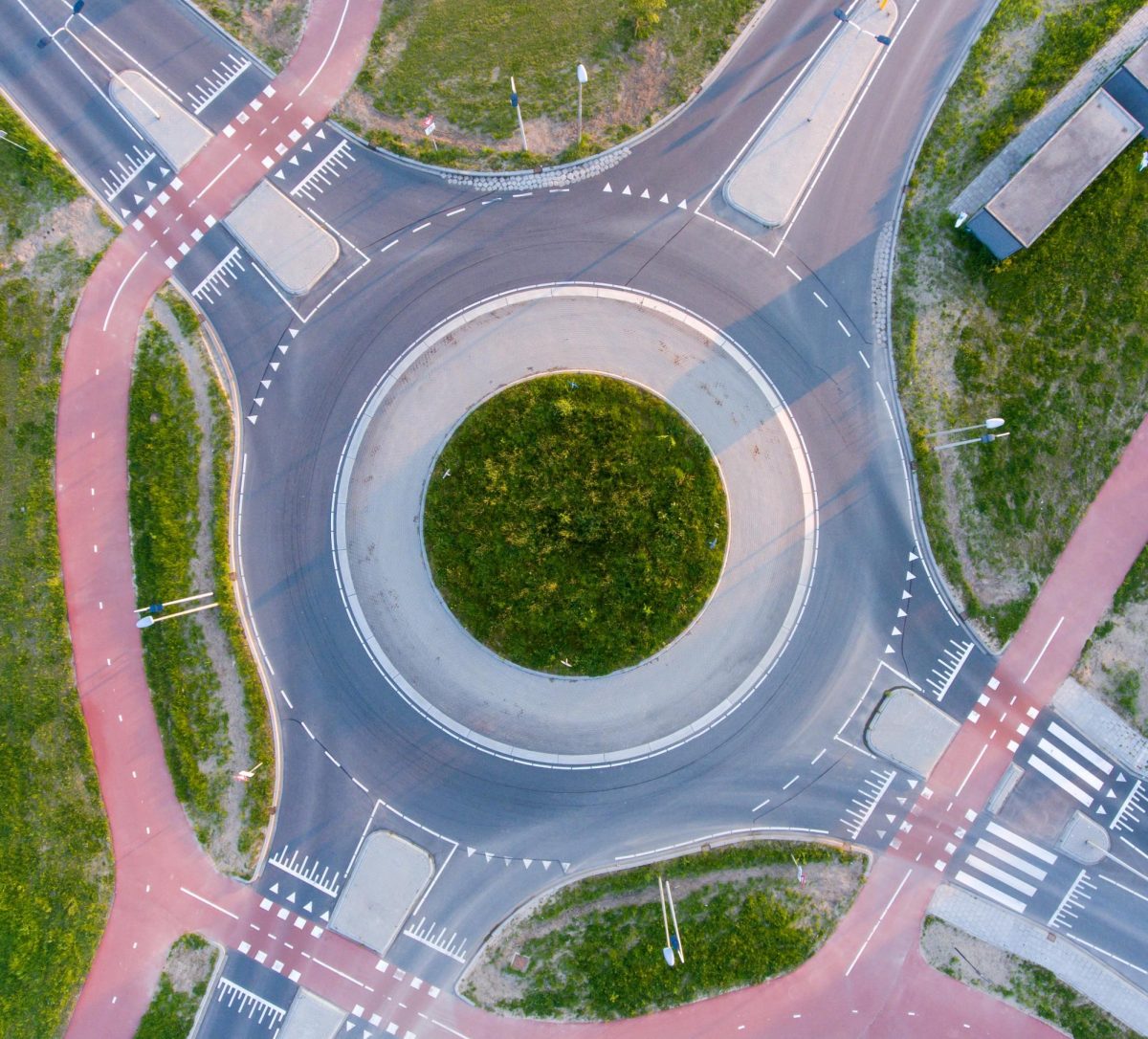Roundabouts, an increasingly common sight in the Quad Cities, have been seen as a safer and more efficient alternative to regular traffic lights. These circular intersections reduce accidents, improve traffic flow, and save money for cities, making them a better option to replace current traffic lights.
A recent study found that roundabouts reduced injury crashes by 75% at intersections where stop signs or signals were previously used. The data also showed a significant decrease in fatal accidents. “Roundabouts basically eliminate the most severe types of crashes, like T-bones and head-on collisions,” said senior Aayush Despande. “Drivers are forced to slow down to complete the turn, which makes it much safer.”
However, some drivers expressed concerns about the learning curve associated with these intersections, particularly for new and elderly drivers. City officials plan to update the teen driving school curriculum to include training on navigating roundabouts. “Once people understand how to navigate them, it becomes easier and second nature,” said Deshpande.
Looking beyond safety, roundabouts also offer environmental and financial benefits. Because they don’t rely on electricity, cities can save on maintenance and energy costs. Additionally, cars spend less time idling, reducing emissions and fuel consumption for all drivers. In the long term, they are cheaper, safer, greener, and fit well in a minimalist setting than traditional traffic lights.
Switching to roundabouts can be controversial, especially considering the upfront costs and changes to familiar intersections. “It’s just a couple weeks of construction, but once they are in place, the benefits outweigh the inconveniences by a high margin,” said senior Jatin Kodavatiganti. “We may even be able to increase speed limits on the roads with intersections!” The roundabout’s consistent traffic flow means frequent stops aren’t required, allowing for a 5 to 10 MPH bump on most roads.
As more cities consider adopting roundabouts, places like the Quad Cities could serve as models. While a controversial solution, the evidence suggests that roundabouts can be a modern replacement for traditional traffic lights.









